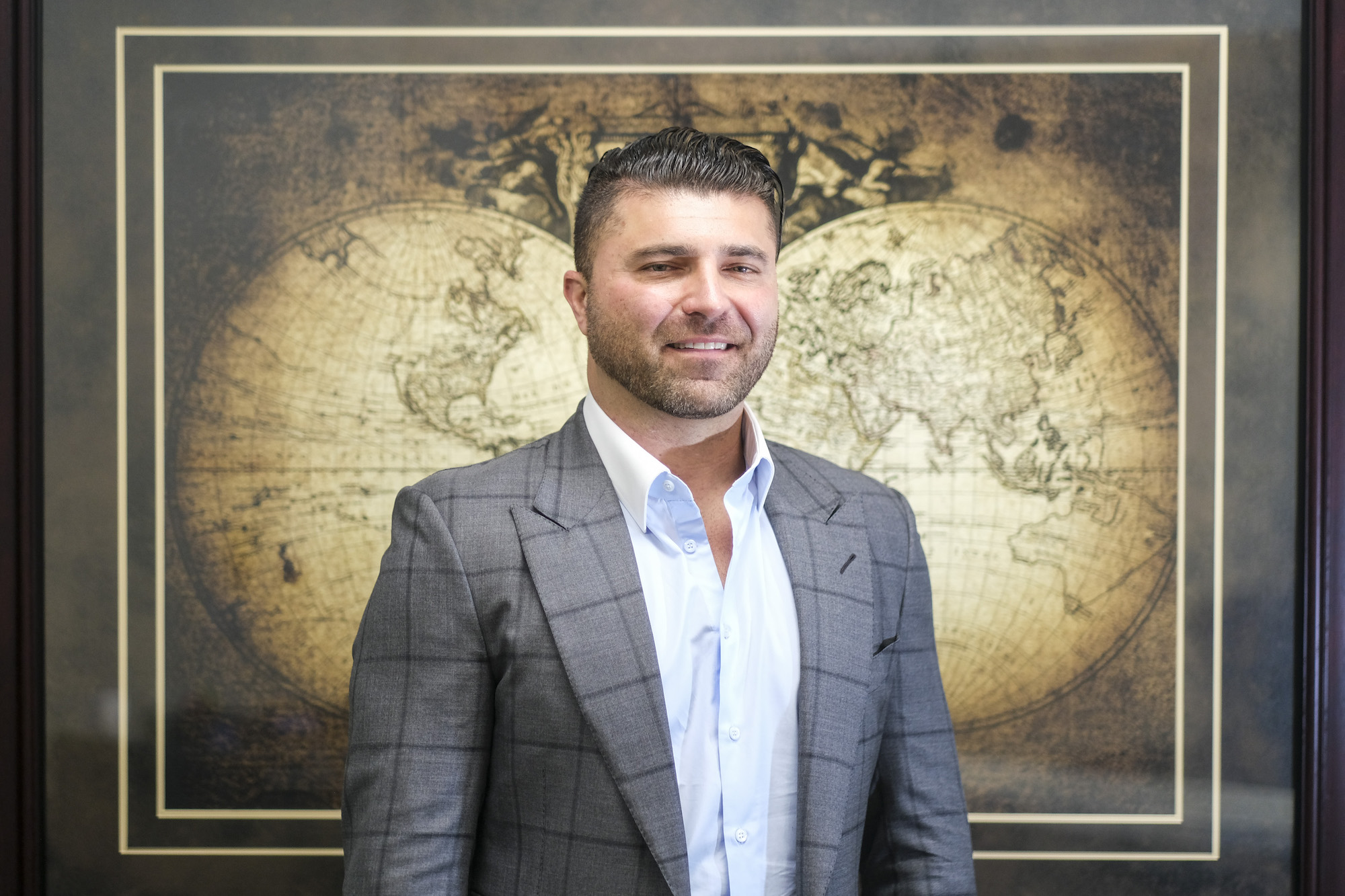Inflation’s still rough, and interest rates are still rising, but investors are growing confident that they’re seeing some light at the end of the tunnel.
“We’re cautiously optimistic. We like the data that has recently shown signs of inflation peaking, and we’re confident the Fed’s interest rate increases will be peaking soon, if they haven’t already,” said Reza Zamani, chief executive of Woodland Hills-based wealth management firm SteelPeak Wealth.
Zamani’s cautious optimism follows a full year of troubling news for investors, from interest rates and inflation to geopolitical crises and the downfall of financial institutions like Silicon Valley Bank and First Republic Bank. Despite those bad tidings, Zamani says equity markets are on the mend and capital investment is growing.
“The general theme of our firm is that we look at the equity markets over the course of the next decade, and the next decade is certainly looking more modest than the last decade,” said Zamani of SteelPeak’s overall investment strategy. “But through proper use of options strategies, this decade will not be anywhere near the level that people were fearing.”
Zamani said that clients have naturally inclined towards a more defensive posture in light of financial market forecasts that remain murky, opting towards portfolios that simply keep them ahead of or on level with inflation. He said that’s largely been achieved through investments in stocks with long-term reliability and traditional equities with decent dividends.
Different strategies

But as the value of the dollar gets stretched and market volatility rises, some investors are starting to test the waters with a more aggressive strategy. Zamani said that SteelPeak — which bases its model around out-of-the-money (where the strike price is higher than the current market value of the underlying equity) covered-call options that are 3% to 7% out of the money with an average expiration date of 30 days — has thrived in periods of volatility.
“Ultimately, in periods like this, it comes down to focusing on what you can control, which is that premium,” said Zamani. “That’s something we’ve stuck to for a very long time.”
Anthony Consiglio, a director and market executive for Merrill Lynch’s Valley Coast team, said that after a solid year of rough news, investors seem more confident about seizing on opportunities.
“From my seat, this year has been one worry after another, almost as if we constantly have to have them. And they’re problems generated not through the market itself, but some external impact — the fight over the debt ceiling was the latest one, and then it was Silicon Valley Bank before that, and then inflation has been a problem all year. So we’re constantly looking for what the next potential issue is,” said Consiglio.
All the while, Consiglio said, he and his clients have kept their heads down and their eyes on the prize.
“I don’t see (recent bad news in the financial market) as a bad thing. As the market moves forward and grows in certain areas and all those worries are overcome, the market becomes stronger,” he said.
Whether the goal is steady gains or seizing on moments of volatility, clients are reliably seeing progress in recent months, according to Jeff Sarti, chief executive of Calabasas-based financial advisory firm Morton Wealth.
“We take the longer-term approach. Whether there will be three or six or 12 more months of inflation, we may have some thoughts on that, but that’s ultimately crystal ball work and it could go in any direction,” said Sarti. “But we’re confident it’s going to be more volatile going forward than not.”’
Inflation risks
Sarti said he and his colleagues have been concerned about inflationary risks for many years preceding its technical onset, which itself stems from policies established by the Fed in the wake of the 2008 financial crisis.
“A result of that cataclysmic event was that the Federal Reserve had to come to the rescue of the market. It’s understandable that that is what they did — that’s the whole purpose of the Federal Reserve, after all, and this was an emergency measure,” said Sarti. “That part makes sense, but it wasn’t a measure that was meant to be in place for 15-plus years … We didn’t know when the costs (associated with these policies) would create out-of-control inflation, exactly. But we knew it would.”
Sarti said Morton Wealth continues to have limited exposure to the U.S. bond market, out of concern that its year-over-year gains would collapse once interest rates reversed, which eventually proved true. The U.S. bond index experienced its worst year in 2022, he noted, dropping 13% over the previous year.
“Stocks are trickier, and we’re definitely underweight in stocks as well, because we think an inflationary period is bad for stocks. But it’s hard to paint stocks with that broad a brush, because those problems are mainly caused by the fact that it is very hard for companies to plan, and to budget, around an inflationary period.”
Ryan Parker, president and soon-to-be chief executive of West-L.A. based money management firm EP Wealth Advisors, said his firm has continued to perform well despite prolonged uncertainty and volatility by keeping its eyes firmly set on its portfolio. That entails weekly meetings with his team to ensure their short-term strategic investments provide the best potential return for the client.
“From an overall-environment standpoint, with high inflation, rising interest rates, geopolitical instability and so on, it’s important to remember that we are, first of all, a fiduciary. Our clients are better served by long-term financial plans, how you manage your taxes and maintain value,” said Parker. “We’re on the boring end of things – but it’s intentionally boring.”
Consiglio noted that San Fernando Valley’s industry is fueled by its small businesses, especially when compared to the mega-large employers located throughout Los Angeles. The businesses that have survived Covid and the economic chaos that preceded and followed it are determined not to go the way of their former competitors, Consiglio said, and they’re putting their money to work to ensure that does not happen.
“There used to be four drycleaners in town, now there’s two,” said the Westlake Village-based Consiglio. “And the two remaining in town are making sure they never end up on the edge of extinction from a business standpoint, and they’re even looking to grow, through the absorption of competitors, new loans or otherwise. They’re looking for assurance that they won’t end up needing another 11th-hour lifeline just to keep afloat.”
